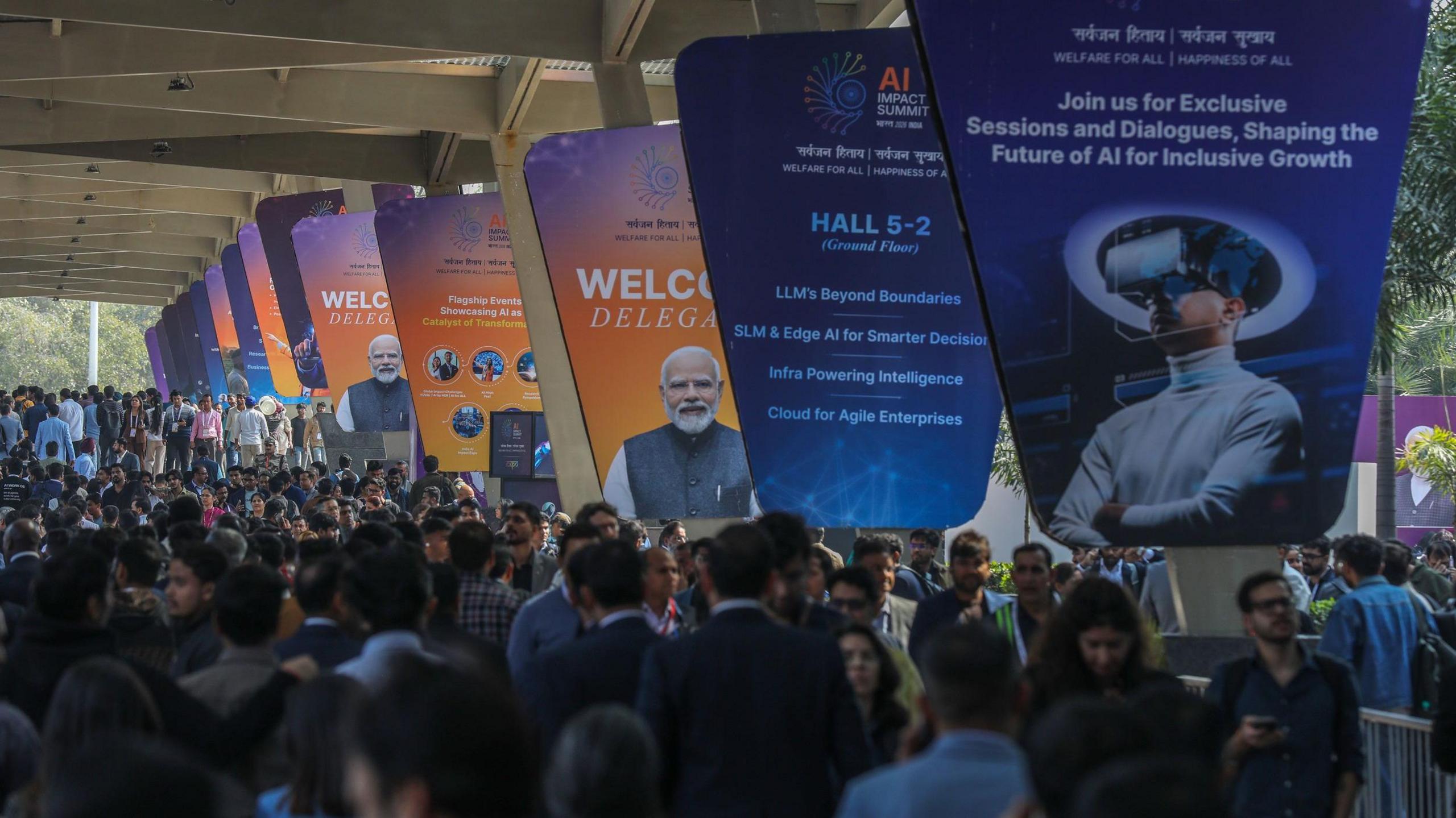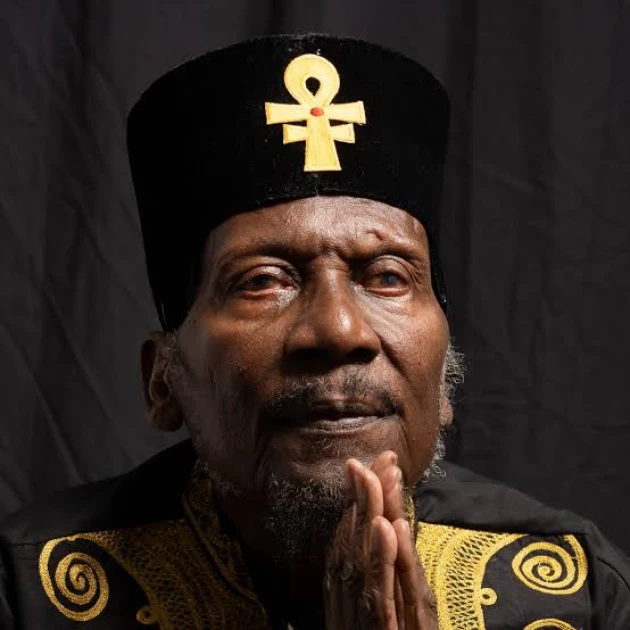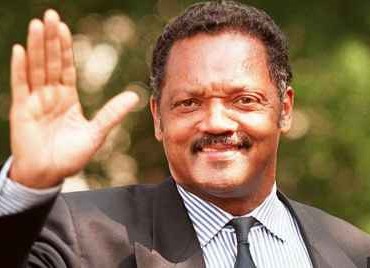Mayor of the West Midlands, Andy Street was at Great Barr Academy in Birmingham to launch the commissioned report into looking at ways to improve opportunities for people from under-represented parts of society.
The Commission, chaired by Anita Bhalla, has over the last 9 months been in contact with insitutions and communities to really get the real-life experiences and ideas from people in the region.
'Leaders Like You' focused on the experiences of BAME and LGBT communities, women, disabled people and lower socio-economic groups like white working-class boys.
Andy said, "The leadership of private and public sector organisations needed to better reflect the diverse nature of the West Midlands so that talent and important perspectives were not sidelined or ignored."
Diversity was key in the recommendations, calling for leaders to ensure diversity in their workplaces, and mentor identified talent to produce future leaders.
The Mayor said: “It’s not acceptable that certain parts of society are largely invisible when you look at the leadership of our major institutions and companies.
“The diversity of our region is one of our greatest assets but this lack of representation at leadership level can lead to a sense of alienation amongst certain groups and a feeling that it is not possible to get to the top.
“Yet greater diversity in leadership can bring fresh talent and alternative ways of looking at an increasingly globalised world and that can generate greater prosperity and less marginalisation and disaffection amongst excluded groups.
“So I echo the Commission’s call for existing leaders to take on board the findings and recommendations of this report, think about what difference their actions can make and help the West Midlands become a place where everyone can fulfil their potential.”
There was also a video message from Prime Minister Theresa May giving her backing to the findings of the study, which 'may not be easy reading'.
Anita, who is also chair of PBL Town Hall and Symphony Hall, said: “It’s not good enough to say that HR policies are in place if those policies are not rooted in an organisation’s culture.
“There needs to be ownership of this issue at the very highest level. Leaders need to build diversity into their workforce so they are able to produce future leaders through mentoring and coaching.
“We found that consciously, or sub-consciously, there is a tendency for people to recruit and promote in their own image and at worst there can be nepotism and a ‘mates club’ mentality.
“To break this cycle we need those attitudes to change and we believe this is the start of a long overdue journey.”















